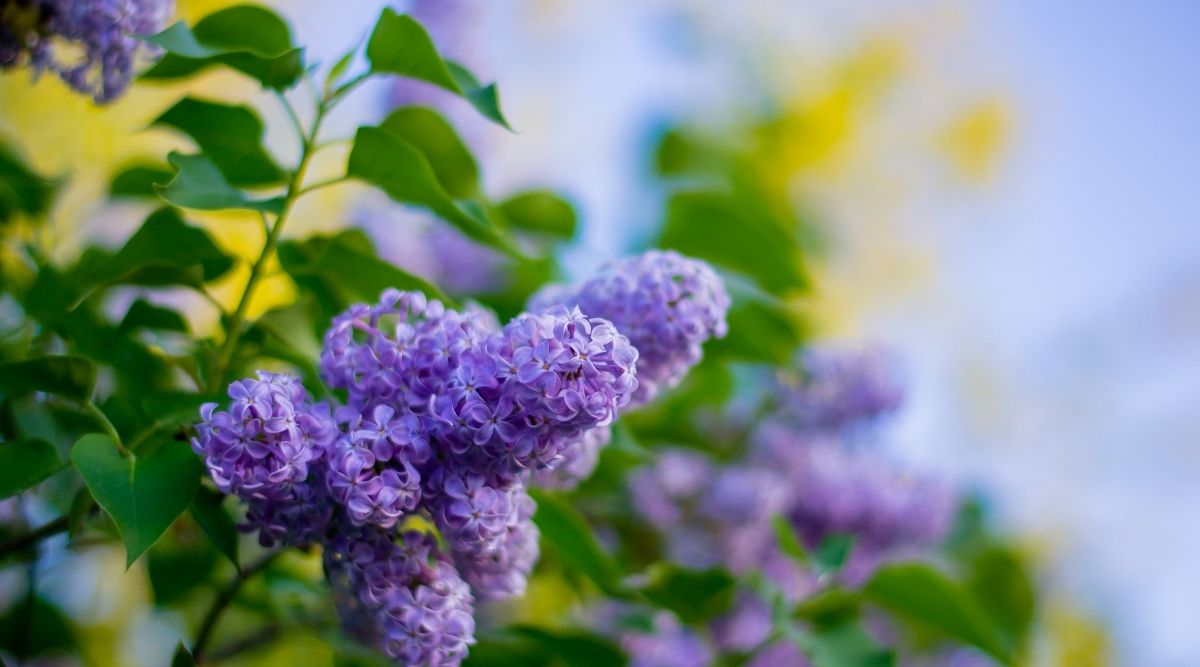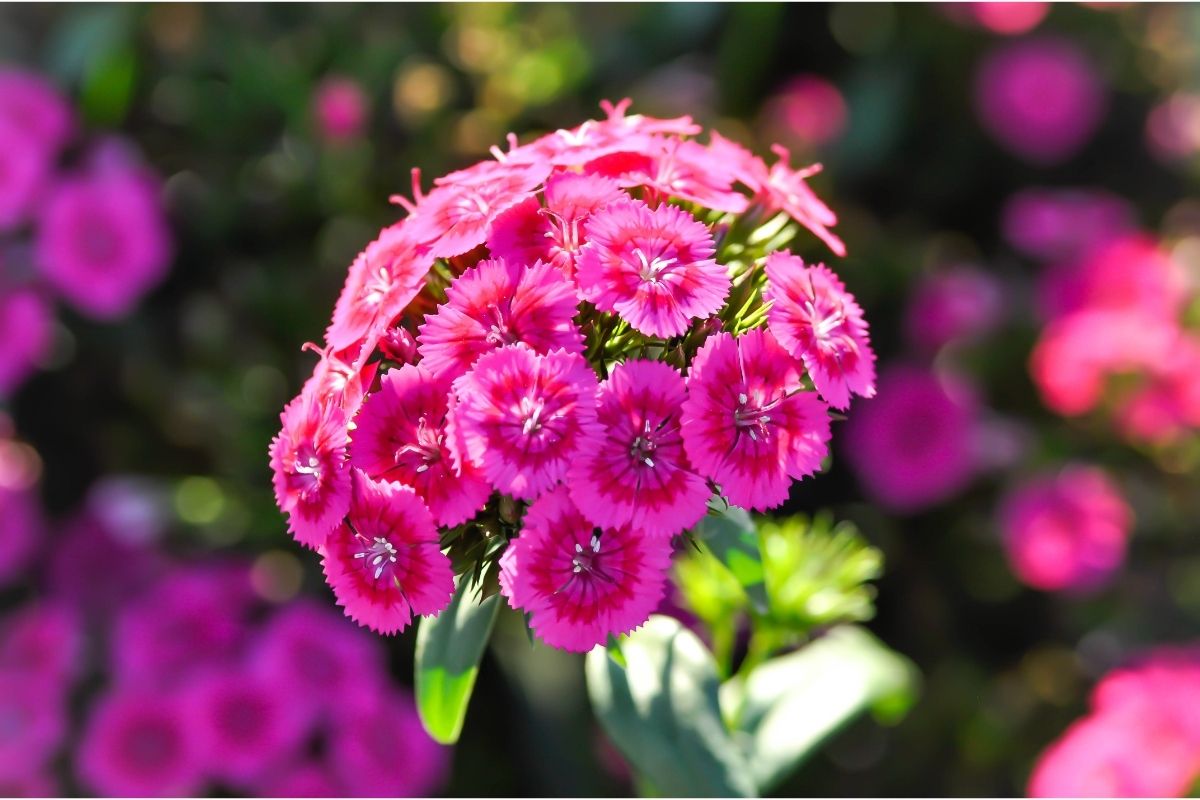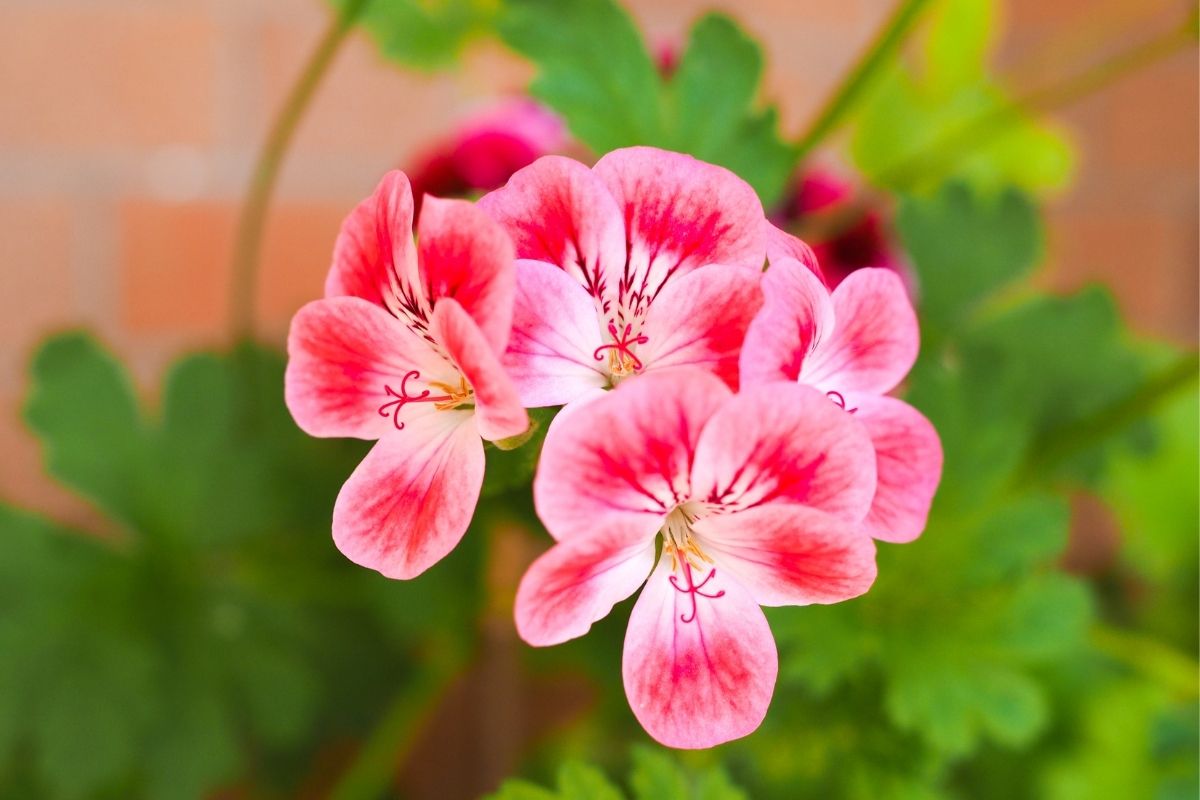Our gardens are wonderful places. They are little green sanctuaries that somehow are squeezed into existence around the hustle and bustle of our daily lives.

They are wonderfully beautiful with arrays of flowers and plants, good for the environment as they make homes for many creatures, and above all else a safe space for use to be in.
Yet, not all plants that are safe for us are safe for every animal. Humans are surprisingly robust and even fruits and vegetables that have developed specific defenses to prevent mammals eating them, are no match for our voracious appetite, e.g. chilies.
Unfortunately, our favorite companions may not have this same constitution and may suffer from having these plants in our gardens.
This isn’t so bad for most creatures. Cats will have perches and areas they prefer, rabbits will tend to stay on lawns, but dogs will always investigate. Their keen nose will mean that they stuff themselves right into any plant they see, thus making themselves ill.
If you’re in your garden with your four-legged friend, should you be worried about your dog sniffing the petunias? In this article, we will look closely at these plants and see just how bad they are.
What Is A Petunia?
A petunia is a type of flowering annual plant from South America, which means that they live and die within one growing season. However, in some areas they can be perennial due to the optimal conditions being met for their survival.
These little plants come in an array of colors and varieties, from light pinkish white to deep purples and anywhere in between.
One of the extraordinary things about the colors of these plants is that they can blend like watercolors on the petals themselves, so if you have a blue and white flower it is quite possible that that flower’s colors will blend in together to create a wonderful light blue.
The petunia is not a massive plant, with its height going from 6 inches at its minimum to 18 inches at its maximum. Normally, the flowers have 5 points and spread outwards while facing up.
Part of the reason for these two adaptations is that petunias hail from the South American rainforest regions. In these regions, open space where sunlight beats down is rare thanks to the vast canopy of trees overhead.
In order to make use of the little space and sunlight, a petunia will grow quickly before flowering and pollinating as soon as it can. As soon as it has achieved its goals, it disperses its offspring and dies, letting its seedlings prepare for the next season.
Varieties Of Petunia
The same way we would know a deciduous tree from a coniferous tree is by looking at its leaves – among other features – we can also pick out the different types of petunia from their flowers.
You see, the flowers are the defining feature of each petunia plant, and it is the main feature that we look to when putting them into one of the following categories:
- Multiflora – These plants are considered the most durable of the petunias, and as such they have spread further and more abundantly than their kin. Their flowers are quite small, but they have more of them per flower. These flowers also tolerate wet weather very well and will be one of the few flowers in a garden fine after a downpour, just so long as it isn’t an extended cold-water storm.
- Grandiflora – The petunias here have very large flowers that tend to cluster and spread, hiding the rest of the plant from view. These plants do not fare well in wet weather but are quite adept at surviving in dryer climes. Therefore, if you live in an area that regularly gets rainfall, maybe try hanging them from baskets where water will dissipate quicker or consider buying another type of perennial.
- Millifloras – These plants have much smaller flowers than other petunias, with each one being only about 1 inch wide in total. Yet, they make up for this by growing extremely quickly and in a huge amount. One other bonus of these flowers is that they last all season and will even survive unseasonable spells of bad weather, as long as the weather lets up fairly quickly.
- Floribundas – In size, the floribundas are probably the petunias that sit directly in the middle of all the other flowers. They are not as big as Grandiflora flowers, still they are bigger than Multiflora flowers. However, they are free flowering like the Multiflora, so they will produce flowers continually as long as the season lasts.
- Spreading or trailing – As with all groups of plants, petunias have a variety that spreads in all directions where it is placed. Unlike other petunias, this type is very low growing and doesn’t reach the standard heights of others, but the whole plant can spread about 3 to 4 feet in any direction from its starting point. Once it has spread a suitable distance, flowers will bloom along the length of the stem and add a canvas of color to the brown earth. These plants are quite popular to place in boxes or baskets that hang so the flowers cascade down in a seasonal waterfall.
Are Petunias Poisonous To Dogs?

Now that we know about petunias, it is time to answer the crux of today’s question and figure out whether these gorgeous flowers would be a suitable plant to have with our dogs running around.
The answer is: Yes. Petunias are perfectly safe for dogs and any other animals you may have in your garden.
For most people, this will come as a surprise, as many flowering plants are toxic to dogs.
The toxicity varies from flower to flower, as some may only irritate the dog, some may cause vomiting or nausea, but some may cause very severe problems and require a visit to the vet to solve.
This is not the case with petunias. In fact, if you want to make a stunning garden that horticulturalists have dreams over, but also want your dog to roam through it, then petunias are the absolute best choice of plant to have in your garden to make it happen.
Though, one concern with this is the dog’s attitude themselves. Dogs have a tendency to investigate with their nose and then with their mouths.
More than once, a dog owner has despaired over when a dog has been eating. If you want your garden to remain beautiful and not fall prey to a curious canine, make sure to train your dog not to bite down on these flowers that don’t make them feel ill.
Other Non-Toxic Plants To Your Dogs
There are actually a few plants you can have in your garden that are dog friendly, but they can still be problematic if you don’t manage them or your dog correctly.
Sunflowers are one of these plants. They are not poisonous to dogs and even if they were, they grow so tall that dogs probably wouldn’t be able to reach the flowers anyway.
The issue with sunflowers is that a dog may think it fun to push one over, so maybe cordon off an area for them just in case.
Roses are another of these non-toxic plants. They look amazing, and they smell amazing, but they are also not to be messed with by dogs. Not because of what your dog can do to the plant, but what a rose can do to your dog.
Roses are covered in a layer of spiny, sharp thorns and if your dog messes with one, it could be an unpleasant encounter that leads to a trip to the vet.
The marigold is a surprisingly safe bet for your dog as well. Normally, it is placed in a garden for not only its pretty flowers, but because other pests hate the plant. Many other animals will actively avoid marigolds, but they are safe for dogs and bees love them.
Finally, the last plant is more commonly thought of as a weed: the dandelion. While most gardeners would be upset at the suggestion of having dandelions in their garden, they are not so bad.
They look nice and are surprisingly tenacious, but they are also non-toxic to dogs. In truth, dogs will happily munch on a dandelion given the opportunity to do so.
Final Thoughts
Petunias are absolutely stunning flowers that belong in any budding gardener’s garden. They can survive quite well in various different weathers and they only last a season, so you can pick and choose how your garden will look with them year to year.
Yet, their biggest bonus is that they are toxic to very few animals and most are quite happy with them in the garden, including your dogs. It is hard to find plants and trees for gardens that look pretty, while also not harming your beloved companions.
However, with petunias you have nothing to fear from either your garden not looking as impressive as you hoped or your dog getting sick, as petunias are safe and beautiful.
- Best Hanging Plant For Low Light - September 4, 2023
- Best Indoor Plants Florida - August 28, 2023
- Best Plants For Bathroom Smells - August 21, 2023








